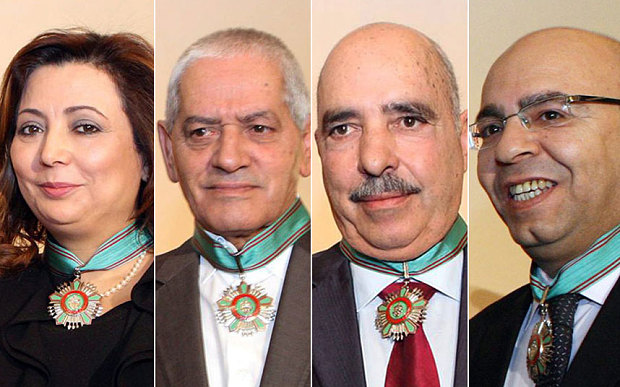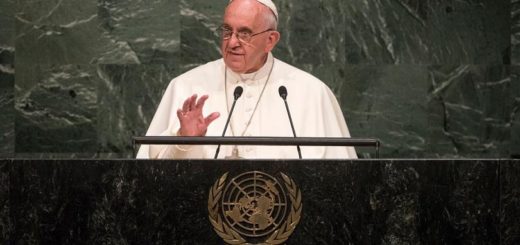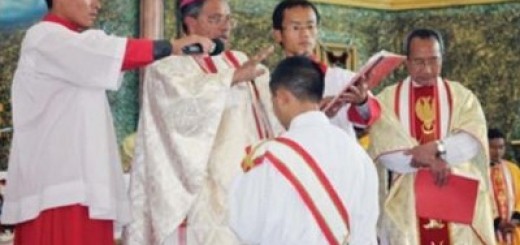TUNISIAN DEMOCRACY GROUP WINS NOBEL PEACE PRIZE

The National Dialogue Quartet in Tunisia has won this year's Nobel Peace Prize. (Photo: AFP)
Oslo: The Nobel Peace Prize jury says The National Dialogue Quartet in Tunisia has won this year's Nobel Peace Prize.The jury cited the group Friday for "its decisive contribution to the building of a pluralistic democracy in Tunisia in the wake of the Jasmine Revolution of 2011."
Tunisian protesters sparked uprising across the Arab world in 2011 that overthrew dictators and upset the status quo. Tunisia is the only country in the region to painstakingly build a democracy, involving a range of political and social forces in dialogue to create a constitution, legislature and democratic institutions. While Tunisia has been much less violent than neighboring Libya or Syria, its transition to democracy has been marred by occasional violence, notably from Islamic extremists.An attack in June on a beach resort in Sousse left 38 dead, mostly British tourists. Another in March killed 22 people at the country's leading museum, the Bardo in Tunis – also primarily tourists.The prize comes the day after unidentified assailants shot repeatedly at a lawmaker and prominent sports magnate in Sousse, underscoring a sense of uncertainty in the city, which depends heavily on tourism.
The Norwegian Nobel Committee announced the 2015 winner of the Nobel Peace Prize amid speculation that the prize could highlight Europe's migration crisis, peace talks in Colombia or a US-Iran nuclear deal.Pope Francis was among the nominees for this year's award though the committee has been reluctant in the past to consider popes – none has been honored since the first Nobel Prizes in 1901.The five-member committee released no hints ahead of the announcement, which was scheduled for 0900 GMT.
A favorite among those placing bets was German Chancellor Angela Merkel for pledging to keep her country's borders open to hundreds of thousands of refugees fleeing from Syria and other countries.Others mentioned in the buzz include the Rev. Mussi Zerai, an Eritrean priest who helps coordinate rescue missions for migrants crossing the Mediterranean, and Saudi blogger Raif Badawi.
AP | October 09, 2015, in Deccan Chronicle
FITTING NOBELS
From Deccan Chronicle | October 07, 2015
The 2015 Nobel season kicked off with awards for discoveries regarding novel therapies for devastating parasitic diseases like river blindness, elephantiasis and malaria. It is easy to identify with the usefulness of such work directly linked to alleviating human suffering. Sometimes, Nobels can go to researchers in abstruse fields. Regardless of how important such research may be, as is the case with the neutrinos figuring in the physics category.
This year’s prizes go to three people in two distinct halves with William Campbell and Satoshi Omura for parasite biology while Chinese researcher YouYou Tu won for herbal therapy aimed at malaria.
It is mind-boggling but true that even today as many as 4,50,000 people die every year from malaria while nearly half the world’s population is at risk. While pharma companies make trillions of dollars from standard formulations to counter malaria, Tu’s traditional herbal medicine fights the worst cases, in the early stages itself at a lower cost. This is people’s medicine at its most effective. The upholding of the efficacy of herbs, when researched thoroughly to extract the most potent disease-fighting chemicals, as Tu has done, also revives confidence in alternate therapies.
The Nobel committee notes that, collectively, Omura and Campbell’s contributions led to the discovery of a new class of drugs with extraordinary efficacy against parasitic diseases. The alleviation of the misery of people is reward enough for the life work of researchers. To see them conferred with Nobel prizes is to celebrate their selfless work.
















